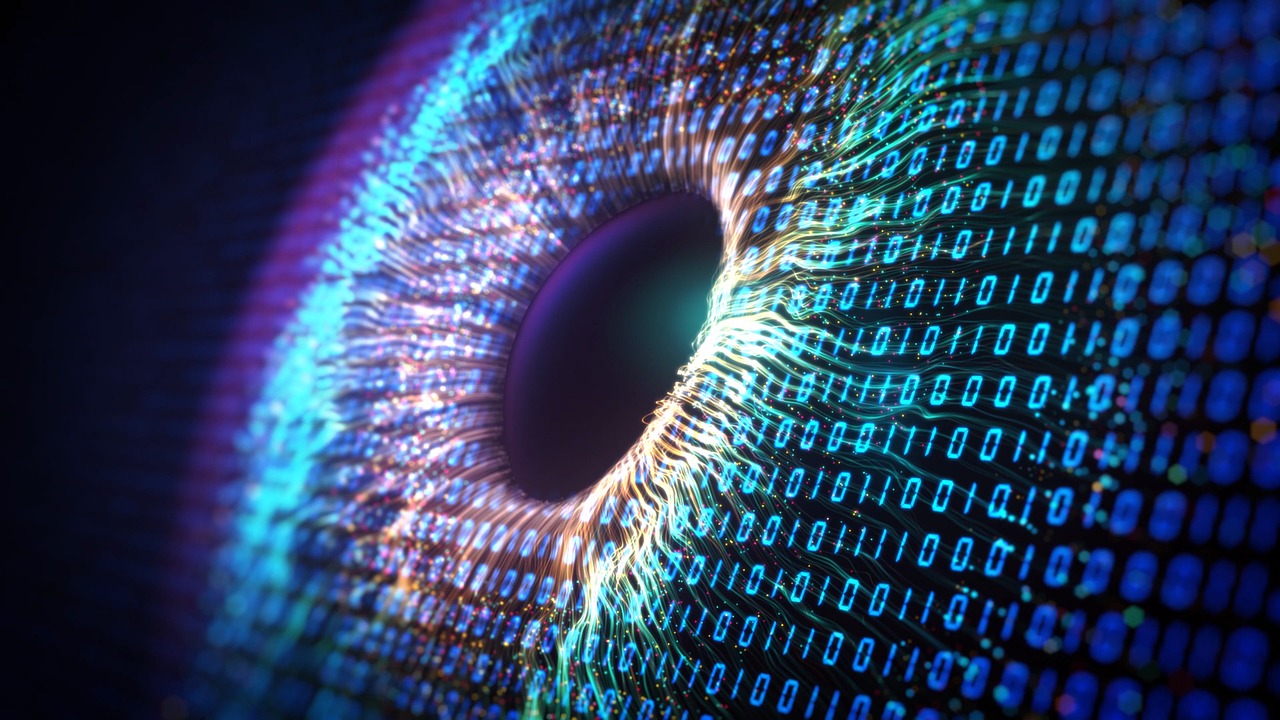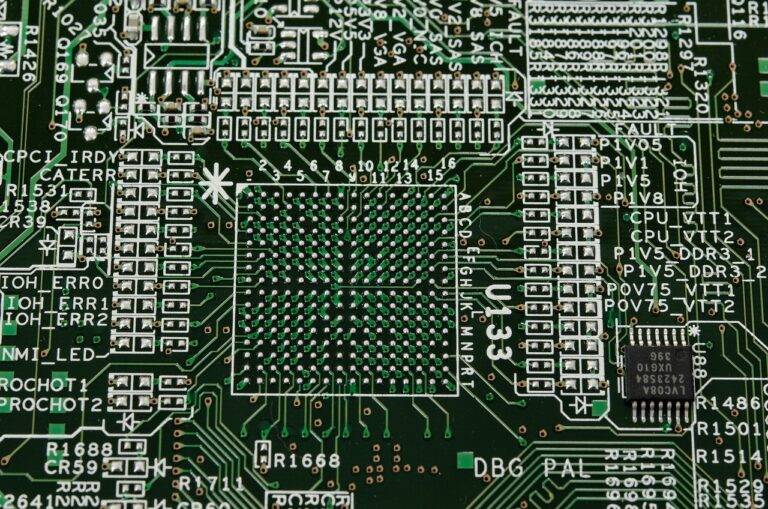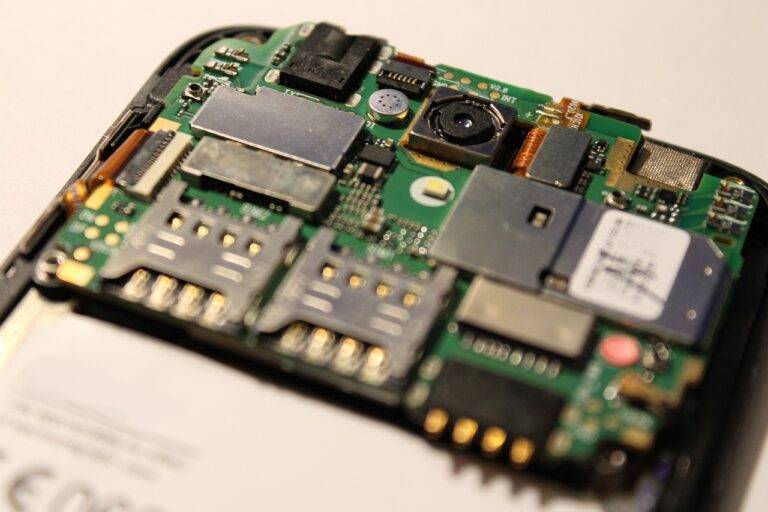Quantum Computing: A Glimpse into the Future
Quantum computing traces its roots back to the early 1980s when physicist Richard Feynman proposed the idea of using the principles of quantum mechanics to enhance computational power. The concept gained further momentum in the mid-1990s with the development of algorithms such as Shor’s algorithm and Grover’s algorithm, which showcased the potential advantages of quantum computing over classical computing for certain types of problems.
One of the major breakthroughs in the origins of quantum computing was the realization that qubits, the basic unit of quantum information, could exist in a superposition of states, unlike classical bits which are limited to existing in either a 0 or 1 state. This fundamental difference paved the way for the development of quantum gates, quantum circuits, and quantum algorithms that exploit the unique properties of quantum mechanics to perform computations at a level that surpasses classical computing in certain applications.
• Quantum computing originated in the early 1980s with Richard Feynman’s proposal
• Momentum increased in the mid-1990s with the development of algorithms like Shor’s and Grover’s
• Qubits, as basic units of quantum information, can exist in a superposition of states unlike classical bits
• Development of quantum gates, circuits, and algorithms leverage unique properties of quantum mechanics to surpass classical computing
Key Concepts in Quantum Mechanics
Quantum mechanics, a branch of physics that explains the behavior of subatomic particles, operates on principles that challenge our classical understanding of the universe. One fundamental concept is superposition, where particles can exist in multiple states simultaneously until observed, represented by the famous Schrödinger’s Cat thought experiment.
Entanglement is another key concept in quantum mechanics, where particles become intrinsically connected regardless of the distance between them. This phenomenon suggests that the state of one particle instantaneously influences the state of its entangled counterpart, a concept that spurred Albert Einstein to refer to it as “spooky action at a distance.”
The Difference Between Classical and Quantum Computing
Quantum computing differs from classical computing in fundamental ways. Unlike classical computers that use bits as the basic unit of information, quantum computers use quantum bits or qubits. Qubits can exist in multiple states simultaneously, a phenomenon known as superposition. This allows quantum computers to perform operations on all possible combinations of inputs simultaneously, enabling them to process vast amounts of data much faster than classical computers.
Additionally, quantum computers utilize quantum entanglement, where the state of one qubit directly influences the state of another, regardless of the distance between them. This property allows quantum computers to perform complex calculations and operations that would be impractical for classical computers. Quantum computing holds the potential to revolutionize fields such as cryptography, drug discovery, and artificial intelligence due to its ability to solve problems exponentially faster than classical computers.
What is the main difference between classical and quantum computing?
The main difference between classical and quantum computing lies in the way data is processed. Classical computing uses bits to represent data as either a 0 or 1, while quantum computing uses qubits that can represent both 0 and 1 simultaneously.
How do qubits differ from bits in classical computing?
Qubits differ from bits in classical computing because they can exist in a superposition of states, meaning they can represent both 0 and 1 at the same time. This allows quantum computers to perform complex calculations much faster than classical computers.
What are some key concepts in quantum mechanics related to quantum computing?
Some key concepts in quantum mechanics related to quantum computing include superposition, entanglement, and quantum tunneling. These concepts form the basis of how quantum computers operate and enable them to perform computations that would be impossible with classical computers.
How do quantum computers leverage quantum mechanics to perform calculations?
Quantum computers leverage the principles of quantum mechanics, such as superposition and entanglement, to perform calculations in parallel and explore multiple possibilities simultaneously. This allows them to solve complex problems much faster than classical computers.
What are some potential applications of quantum computing?
Some potential applications of quantum computing include cryptography, drug discovery, optimization problems, and artificial intelligence. Quantum computers have the potential to revolutionize various industries by enabling the solution of complex problems that are currently infeasible with classical computers.





